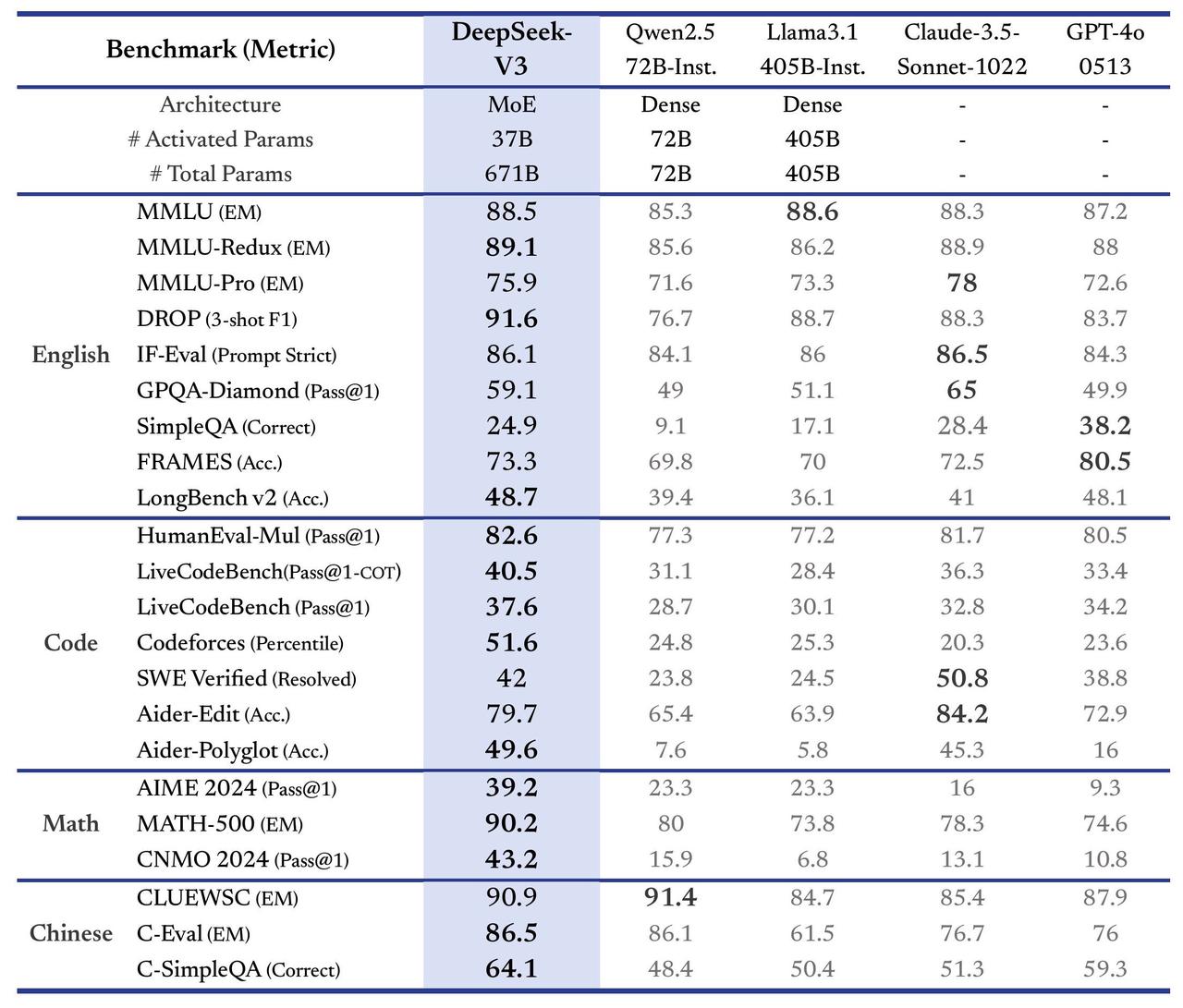Richard Whittle receives funding from the ESRC, Research England and was the recipient of a CAPE Fellowship.
Stuart Mills does not work for, seek advice from, own shares in or receive financing from any company or organisation that would benefit from this short article, and has actually divulged no appropriate associations beyond their scholastic appointment.
Partners
University of Salford and University of Leeds offer financing as founding partners of The Conversation UK.
View all partners
Before January 27 2025, it's fair to state that Chinese tech company DeepSeek was flying under the radar. And kenpoguy.com after that it came significantly into view.
Suddenly, everyone was discussing it - not least the investors and executives at US tech companies like Nvidia, Microsoft and Google, which all saw their company values tumble thanks to the success of this AI startup research lab.
Founded by a successful Chinese hedge fund manager, the lab has taken a different technique to artificial intelligence. Among the major differences is expense.
The development costs for Open AI's ChatGPT-4 were said to be in excess of US$ 100 million (₤ 81 million). DeepSeek's R1 model - which is used to produce content, fix reasoning problems and develop computer system code - was apparently made using much less, less powerful computer chips than the likes of GPT-4, resulting in costs claimed (however unverified) to be as low as US$ 6 million.
This has both financial and geopolitical impacts. China goes through US sanctions on importing the most innovative computer chips. But the reality that a Chinese startup has been able to construct such an innovative design raises concerns about the effectiveness of these sanctions, and whether Chinese innovators can work around them.

The timing of DeepSeek's brand-new release on January 20, as Donald Trump was being sworn in as president, signalled an obstacle to US dominance in AI. Trump responded by describing the moment as a "wake-up call".
From a financial point of view, the most obvious impact may be on consumers. Unlike rivals such as OpenAI, which recently started charging US$ 200 monthly for access to their premium designs, DeepSeek's comparable tools are currently free. They are also "open source", permitting anybody to poke around in the code and reconfigure things as they wish.
Low costs of advancement and efficient usage of hardware seem to have paid for DeepSeek this expense advantage, and have actually already required some Chinese competitors to reduce their costs. Consumers must expect lower costs from other AI services too.
Artificial investment

Longer term - which, in the AI market, can still be remarkably quickly - the success of DeepSeek could have a big influence on AI financial investment.
This is since up until now, almost all of the big AI business - OpenAI, Meta, Google - have actually been struggling to commercialise their models and pay.
Until now, this was not always a problem. Companies like Twitter and Uber went years without making profits, prioritising a commanding market share (great deals of users) instead.

And companies like OpenAI have actually been doing the exact same. In exchange for constant financial investment from hedge funds and other organisations, they guarantee to build even more powerful models.
These models, the organization pitch most likely goes, will enormously improve performance and then success for businesses, which will wind up happy to spend for AI items. In the mean time, all the tech companies require to do is gather more data, purchase more powerful chips (and more of them), and develop their designs for longer.
But this costs a great deal of cash.
Nvidia's Blackwell chip - the world's most effective AI chip to date - costs around US$ 40,000 per system, and AI companies typically need 10s of thousands of them. But up to now, AI companies haven't truly struggled to draw in the necessary financial investment, even if the sums are substantial.
DeepSeek might alter all this.
By showing that innovations with existing (and possibly less advanced) hardware can accomplish comparable efficiency, wiki.snooze-hotelsoftware.de it has actually offered a warning that throwing money at AI is not guaranteed to pay off.
For instance, prior to January 20, it might have been presumed that the most innovative AI designs need massive data centres and other facilities. This implied the similarity Google, Microsoft and OpenAI would deal with minimal competitors due to the fact that of the high barriers (the huge expenditure) to enter this market.
Money worries
But if those barriers to entry are much lower than everybody thinks - as DeepSeek's success recommends - then lots of enormous AI investments all of a sudden look a lot riskier. Hence the abrupt impact on big tech share costs.
Shares in chipmaker Nvidia fell by around 17% and ASML, which produces the devices required to manufacture sophisticated chips, also saw its share cost fall. (While there has actually been a minor bounceback in Nvidia's stock cost, it appears to have settled below its previous highs, reflecting a new market truth.)

Nvidia and ASML are "pick-and-shovel" business that make the tools needed to create a product, instead of the item itself. (The term comes from the concept that in a goldrush, the only person ensured to generate income is the one offering the picks and shovels.)
The "shovels" they sell are chips and chip-making equipment. The fall in their share prices came from the sense that if DeepSeek's more affordable method works, the billions of dollars of future sales that financiers have actually priced into these business might not materialise.

For the similarity Microsoft, pipewiki.org Google and Meta (OpenAI is not publicly traded), the cost of building advanced AI may now have fallen, indicating these firms will need to spend less to remain competitive. That, for them, might be a good idea.
But there is now doubt as to whether these business can effectively monetise their AI programs.
US stocks make up a historically big percentage of worldwide investment today, and technology companies comprise a historically big percentage of the value of the US stock market. Losses in this industry may force financiers to offer off other financial investments to cover their losses in tech, resulting in a whole-market downturn.
And it should not have actually come as a surprise. In 2023, a dripped Google memo alerted that the AI industry was exposed to outsider interruption. The memo argued that AI companies "had no moat" - no security - versus rival models. DeepSeek's success may be the evidence that this holds true.








